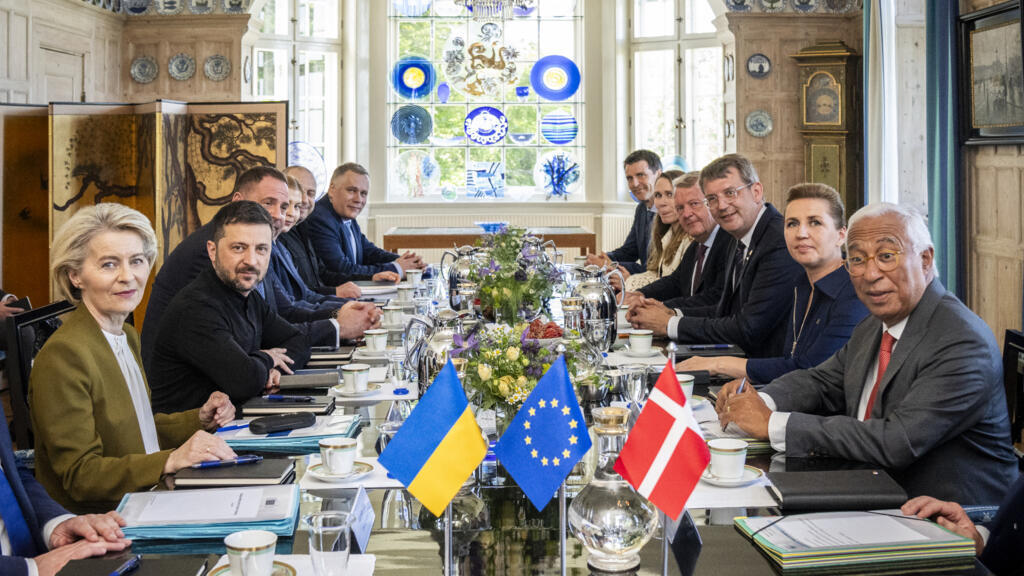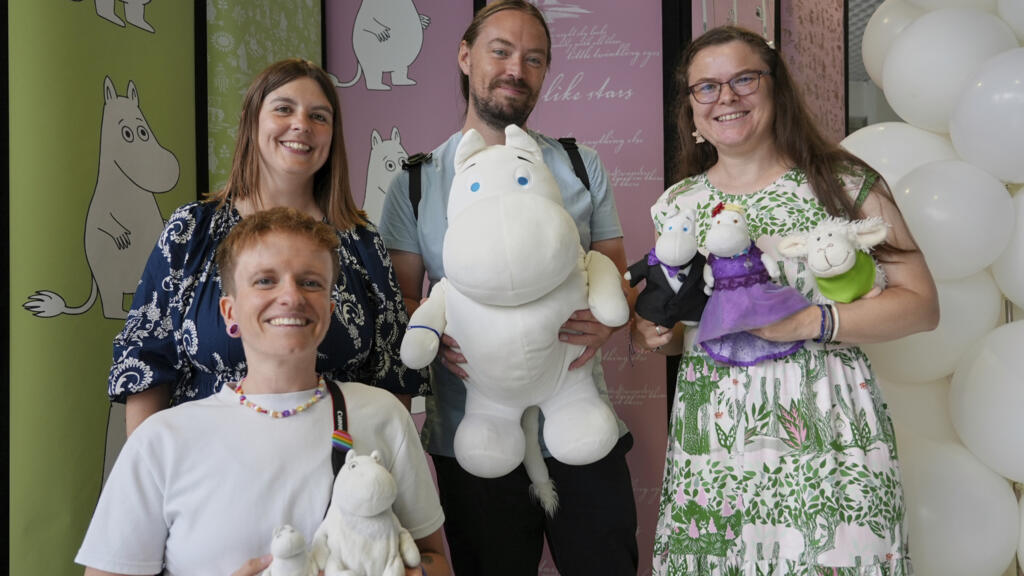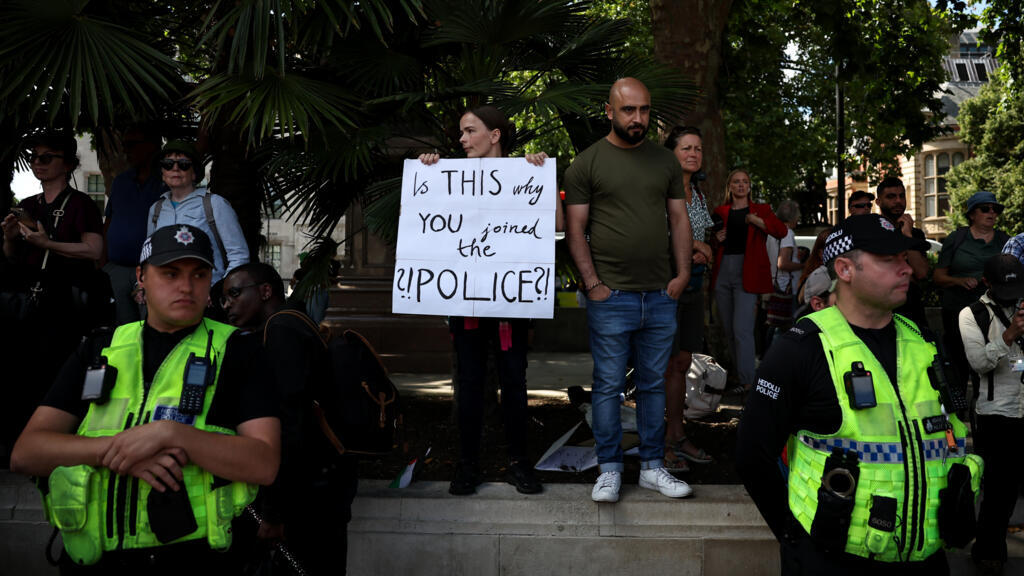EU Diplomat Kaja Kallas Calls for Inclusive Dialogue on Ukraine Conflict
In recent statements, Kaja Kallas, the top diplomat of the European Union (EU) and Prime Minister of Estonia, emphasized the necessity of involving both Ukraine and the EU in any potential peace negotiations between the United States and Russia regarding the ongoing war in Ukraine. Kallas’s remarks come at a critical time as tensions continue to escalate in the region. She underscored that any agreement aimed at resolving the conflict must not exclude key stakeholders directly affected by the war.
Following the surge in military activities and renewed hostilities, Kallas announced her intention to convene a meeting of EU foreign ministers this coming Monday. The purpose of this meeting is to evaluate the current situation and outline the bloc's next steps in response to the ongoing crisis. Kallas intends to facilitate a comprehensive discussion among EU leaders to craft a unified strategy that would enable a stronger diplomatic stance, particularly in relation to Moscow's actions.
On Sunday, EU leaders collectively issued a statement urging U.S. President Donald Trump to apply greater pressure on Russia to bring an end to the conflict. The statement reflects a broader sentiment within the EU that without significant international pressure, the prospects for peace remain slim. The EU has been closely monitoring the developments in Ukraine, and it recognizes that stability in the region is crucial not only for European security but also for global geopolitical stability.
The ongoing war, which began in 2014 following Russia's annexation of Crimea, has led to significant casualties and humanitarian crises in Ukraine. The conflict has drawn in various international actors and led to a series of economic sanctions against Russia. The EU has played a pivotal role in supporting Ukraine both economically and politically, and Kallas’s emphasis on inclusion implies that any peace deal should uphold Ukraine's sovereignty and territorial integrity.
As the meeting of foreign ministers approaches, discussions are expected to focus on several key issues, including potential sanctions, military support for Ukraine, and the diplomatic channels that could be leveraged to facilitate dialogue with Russia. Kallas’s call for an inclusive approach stresses the importance of maintaining unity within the EU, especially as differing opinions on how to handle Russia may arise among member states.
There is a growing concern that without a united front, efforts to resolve the conflict could be undermined. The implications of this war extend beyond Ukraine, affecting energy security, migration, and economic stability across Europe. By bringing together foreign ministers for a strategic conversation, Kallas aims to reinforce the EU's commitment to a peaceful resolution while ensuring that Ukraine's voice is heard in the negotiation process.
The call for a more assertive U.S. role in the negotiations further highlights the interconnectedness of international relations in addressing regional conflicts. EU leaders are aware that America's influence and diplomatic leverage can be crucial in persuading Russia to re-engage in meaningful discussions aimed at ending hostilities. As the geopolitical landscape continues to shift, the EU's proactive stance underlines its desire to take a leading role in shaping the outcome of the negotiations.
In conclusion, as Kaja Kallas prepares to gather EU foreign ministers, the stakes remain high for Ukraine and the international community. The emphasis on inclusive dialogue is a critical step towards fostering a sustainable peace, demonstrating that a successful resolution to the war in Ukraine will require collaboration and consensus among all involved parties.












